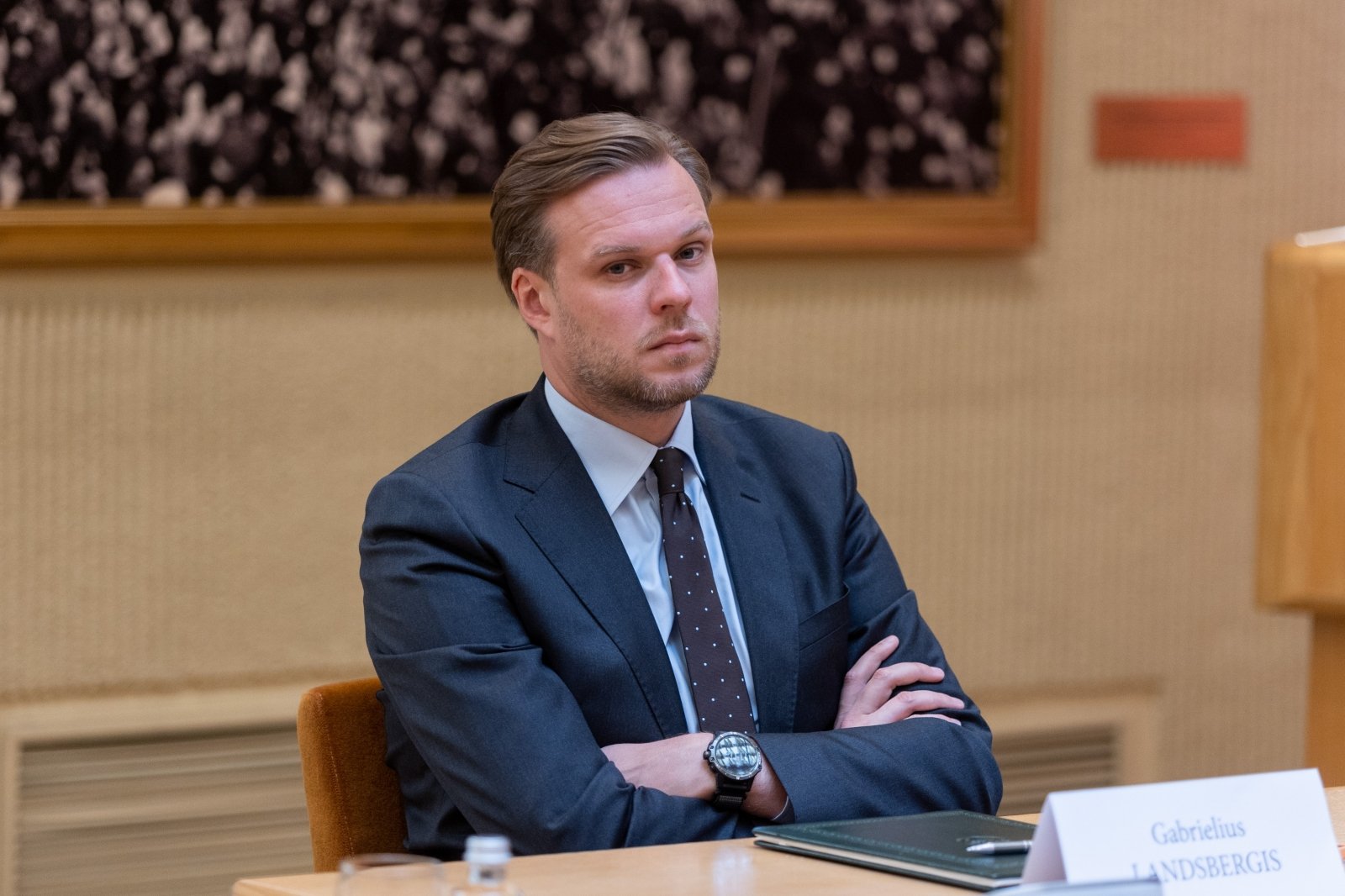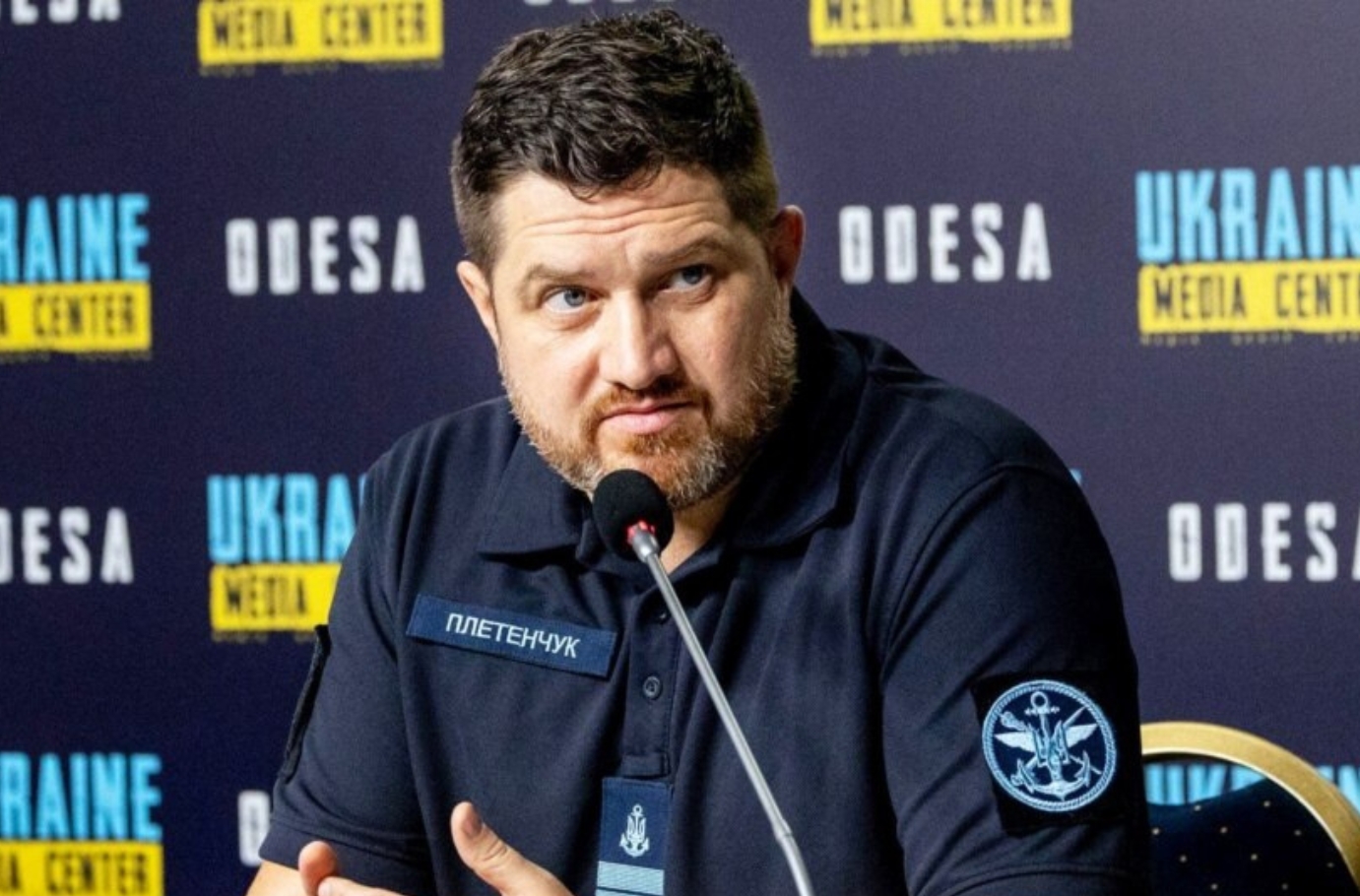After the European Union (EU) decided to halt an agreement facilitating the issuance of visas to Russian citizens, the Baltic countries and Poland will look for different solutions to significantly limit the flow of Russian tourists, Lithuanian Foreign Minister Gabrielius Landsbergis said.
He stressed that discussions at an informal meeting of EU diplomats in Prague "convinced all EU countries that millions of Russian citizens with Schengen visas are a problem not only for countries bordering Russia but also for the EU's regional security." Delfi reports.
"Together with Estonia, Latvia, and Poland, we will strive in the coming weeks to find solutions that will significantly limit the flow of Russian tourists," Landsbergis said in a Foreign Ministry press release on Wednesday.
EU foreign ministers agreed on Wednesday to halt a 2007 deal that makes it easier for Russians to obtain visas to travel to the block.
The measure does not mean a formal ban on tourist visas, as some of Russia's EU neighbors, including Lithuania, have called for.
According to EU Foreign Minister Josep Borrell, obtaining visas for Russians will become "more complicated and lengthy."
Speaking about the situation in the territories of Ukraine temporarily occupied by Russia, Landsbergis stressed that the Kremlin is trying to establish control over these territories, using occupation schemes familiar to Russia: puppet administrations are being created, laws on citizenship and passports are being changed, and forced deportations are being carried out.
"The territories temporarily controlled by Russia should not become another zone of impunity. We must be ready to respond quickly and demand that international organizations have the right to access these territories to ensure compliance with international law and avoid a nuclear disaster at the Zaporizhzhia nuclear power plant," said the minister.





















